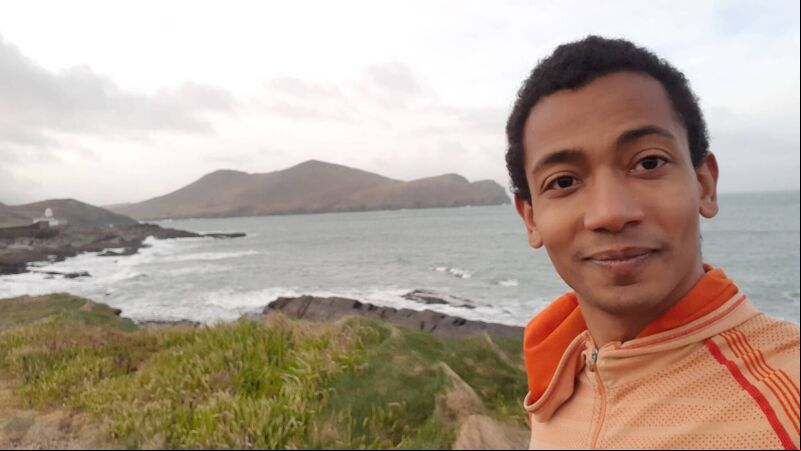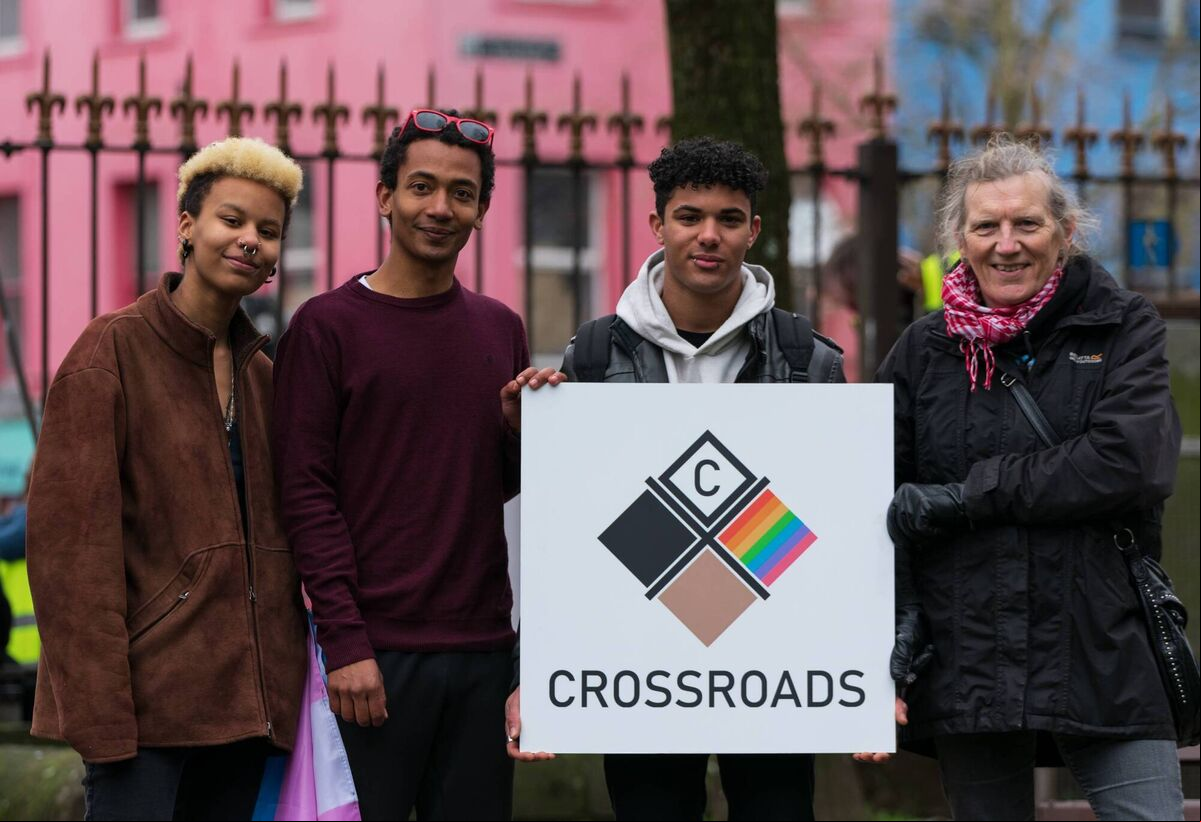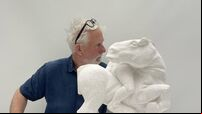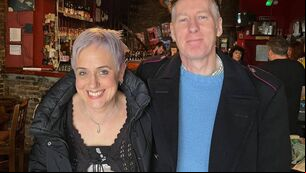Double discrimination... outdated attitudes and stereotypes still found in Cork

Researcher of the Crossroads Report, launched by the Gay Project Cork, Thomas Heisin
CORK has changed greatly in the past decade. It is now home to people from all over the world, from many cultures, religions, sexualities, gender identities, and skin colours.









 App?
App?


